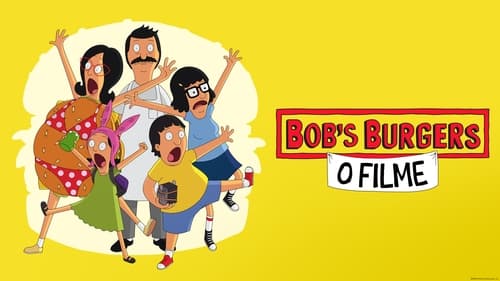
Mort (voice)
Um cano rompido cria um buraco em frente ao Bob's Burgers, bloqueando a entrada e arruinando os planos de um verão bem-sucedido. Enquanto Bob e Linda lutam para manter o negócio, as crianças tentam resolver um mistério que pode salvar o restaurante da família. Os perigos aumentam, e eles se ajudam, lutando para voltar para trás do balcão.

Self
Tragedy + Time + Comedy = Healing. From the immediate aftermath of 9/11 to today stand-up comedians, talk-show hosts, sketch performers, television animators and other entertainers have used often-controversial jokes to unite and heal in the face of tragedy.

A character study of, “the funniest comedian you’ve never heard of,” and an exploration of how we define artistic success, MENTALLY AL follows Al Lubel, a former Star Search grand champion as he struggles to get by, perpetually broke and sleeping on friends couches, as he continues to pursue his artistic dreams into his sixties.
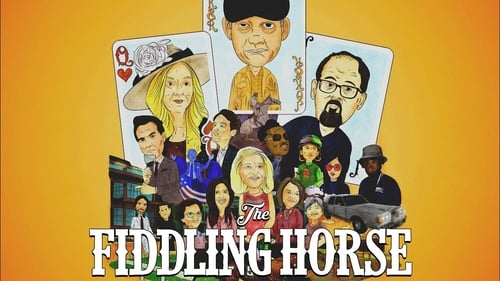
Barry Bitterman
A dark comedy about a woman named Leslie Heart who inherits a horse and, in an attempt to elevate her failing status within her high society circle, trains it to race while secretly executing a long-con with an ex celebrity jockey.

Andy
Past her prime and afflicted with a severe case of writer's block, a veteran songwriter finds new inspiration in a bird that takes up residence outside her home.

Himself
Laurie Kilmartin's tweeting while her father was in hospice quickly garnered press and Twitter followers. Her comments are as painful as they are hilarious and give voice to the very human thoughts we keep to ourselves as a loved one passes from life to death. Filmed at The Lyric Theater in Los Angeles, California, Laurie speaks about cancer, hospice, death, grieving, and funerals.

Self
Do you have to be miserable to be funny? More than sixty comedians—including stand-ups, writers, actors, and directors from the US, Canada, and abroad—take on this question, sharing anecdotes and insights with lively enthusiasm.
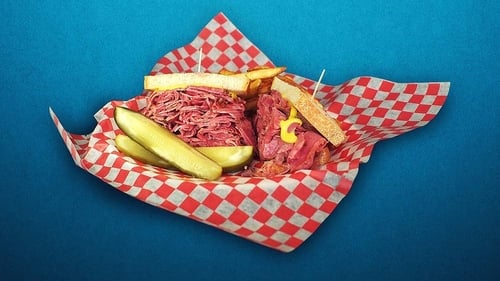
Himself
From the 1930's to the 1970's, pretty well every comedian or comic you might see on TV or the movies was Jewish. Jews came to dominate the world of western‐society comedy on radio, stage and screen alike.Why did Jews dominate comedy in this period? And why did that domination end? Were Jews just funnier back then? And if so, did that extend to your average Jew on the street? In this 90 minute documentary acclaimed director Alan Zweig will examine these questions and many others in this exploration of 20th century humour, cultural decay, and a search for a missing heritage.
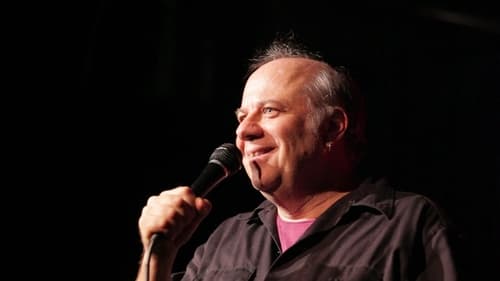
Himself
The Documentary takes an unconventional journey through the life of one of America's most original comedic voices. Eddie Pepitone, "The Bitter Buddha", is looked at in this portrait of creativity, enlightenment and rage.
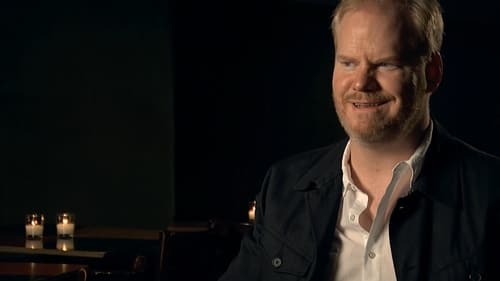
Self
Through unprecedented backstage access and candid interviews, the film weaves through the absurd world of the working comedian and reveals a crazy and hilarious psychological profile of its practitioners. We also follow retired comic Ritch Shydner's attempt to climb back on stage after a thirteen-year hiatus. At the top of his game in the 1980's, Shydner had HBO specials, shot five pilot TV shows, and numerous late night appearances (Carson, Letterman, Leno, etc.) but the big time eluded him. Equipped with the collective wisdom and nutty musings of over 80 of his peers, he gives it another shot. Does Ritch have what it takes to connect with today's young crowds and still get the laughs?

Executive Producer
Standup special recorded in 2003 at the H Bar & Restaurant in Hollywood, California.

Writer
Standup special recorded in 2003 at the H Bar & Restaurant in Hollywood, California.

Himself
Standup special recorded in 2003 at the H Bar & Restaurant in Hollywood, California.

Himself
It's a night of comic anarchy as 15 of today's edgiest comedians perform at Los Angeles' legendary Troubadour rock 'n' roll club! You're guaranteed to laugh, and occasionally gasp with shock, as new comic frontiers are crossed. Staring; Patton Oswalt, Brian Posehn, Zach Galifianakis, Maria Bamford, David Cross, Sarah Silverman, and many more.
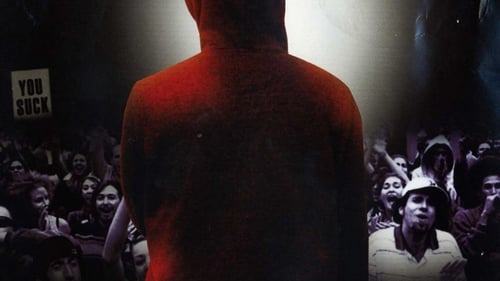
Self
HECKLER is a comedic feature documentary exploring the increasingly critical world we live in. After starring in a film that was critically bashed, Jamie Kennedy takes on hecklers and critics and ask some interesting questions of people such as George Lucas, Bill Maher, Mike Ditka, Rob Zombie, Howie Mandel and many more. This fast moving, hilarious documentary pulls no punches as you see an uncensored look at just how nasty and mean the fight is between those in the spotlight and those in the dark.

Self
Curmudgeon. Contrarian. Misanthrope. Naysayer. For all the people interviewed in this film, someone has used one of the above words to describe them. What have they done to deserve such labels? Everywhere these men and women go, something is being celebrated; they don’t get what all the celebration is about and they’re compelled to question it.

Sitcom Writer
A documentary team gets a grant to do a film on a rare fatal disease that is attacking homeless people. However, they quickly find the film too depressing. Ducking into a nightclub, they discover a young Manhattan comedienne and decide instead to follow her as she makes the circuit of auditions in L.A. as she tries to get a TV pilot. Unfortunately, she has failed to tell her boyfriend of this move. He decides he will trail her out west. There, the boyfriend runs into an old friend who has already made a break on a TV pilot. Seizing the opportunity, the actress turns her attentions to the established actor. However, the actress goes nowhere in auditions, but her ex-boyfriend is suddenly noticed and becomes the next hot prospect.

Boss
A successful, but unhappy man tries to be himself.

Various
A demo/presentation/pilot for a sketch comedy show. A single stationary camera was mounted inside the center of a large rotating platform. As the platform rotated around the camera, a scene would come into view of the camera. The wheel would stop and a sketch would play out in the scene, which was often framed by some piece of appropriate artwork or prop (for the purposes of forced perspective). At the end of the scene, the wheel would rotate, carrying one scene out of the camera's view and bringing another in, and a new sketch would begin in the new scene. Some scenes were self-contained on the platform, while others were open to the studio beyond the platform (and additional action would take place in the background).















